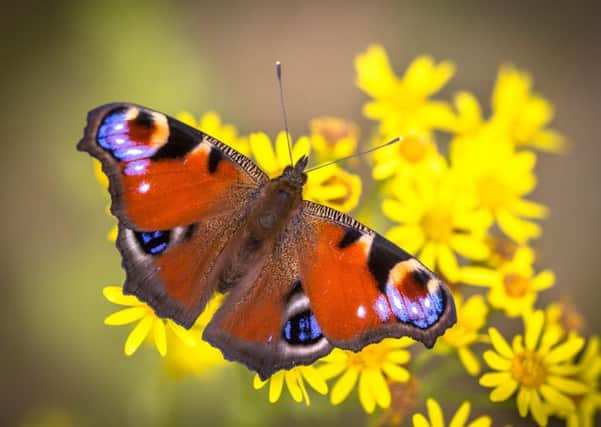Climate warming bringing spring earlier each year, study confirms


The findings come from a new study of data collected between 1960 and 2010.
The research shows aphids, moths and butterflies are now flying and birds are laying eggs much earlier than in the mid-20th century – but how much of a shift there has been depends on where in the UK and which habitat they are in.
Advertisement
Hide AdAdvertisement
Hide AdThe researchers warn that variations in how different groups of animals are shifting their behaviour means wildlife could get “out of sync” with the life cycles of other species they rely on for food.
The study also suggests wildlife will not be protected in habitats such as woodlands, which it had been thought to provide relatively stable conditions that could be a “buffer” to rising temperatures.
Study leader Dr Stephen Thackeray, of the UK Centre for Ecology & Hydrology, said: “Our previous research has shown that, in the UK, many signs of spring have been shifting earlier over the last few decades and that this is likely to be driven by climatic change. However, we have never before had such a detailed picture of how these changes vary across the UK and its major habitats.”
The detailed picture built up by the 50-year study reveals that the responses by species to climate change are not straightforward.
Moths that turn from caterpillars to adults on the wing earlier in the year seem to be more responsive to climate change that those which change later, with moths that start flying before June now doing so much earlier.
In the north of the UK, changes in the climate may have different impacts on species, as butterflies become active earlier in the warmer, wetter west than the colder, drier east.
However, the opposite is true for birds laying eggs. And farmland birds and butterflies – as well as birds living in coastal areas – are seeing later activity, suggesting factors such as declines in available food are also in play.
The research – involving scientists from the Centre for Ecology & Hydrology, Science and Advice for Scottish Agriculture, the British Trust for Ornithology and Butterfly Conservation, and – was funded by the Natural Environment Research Council.